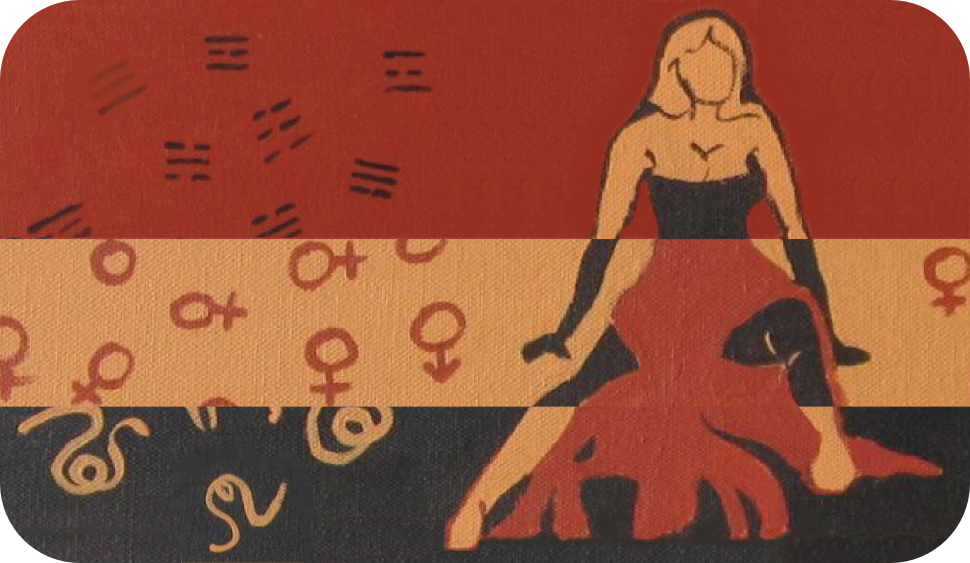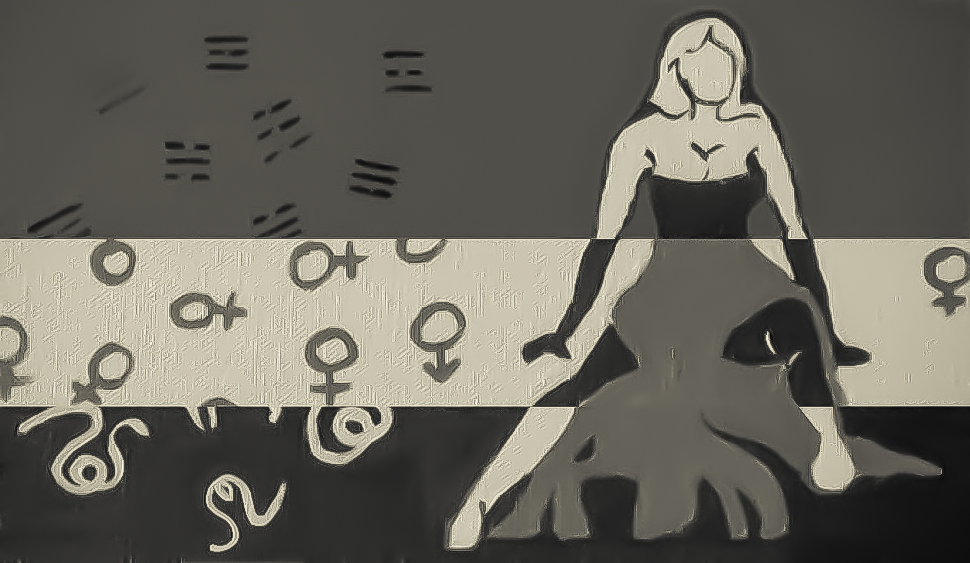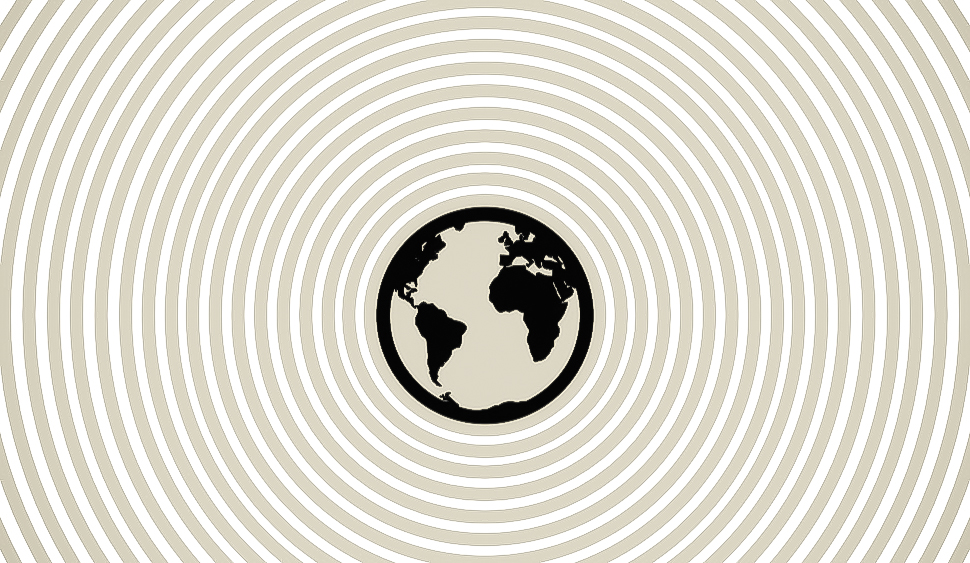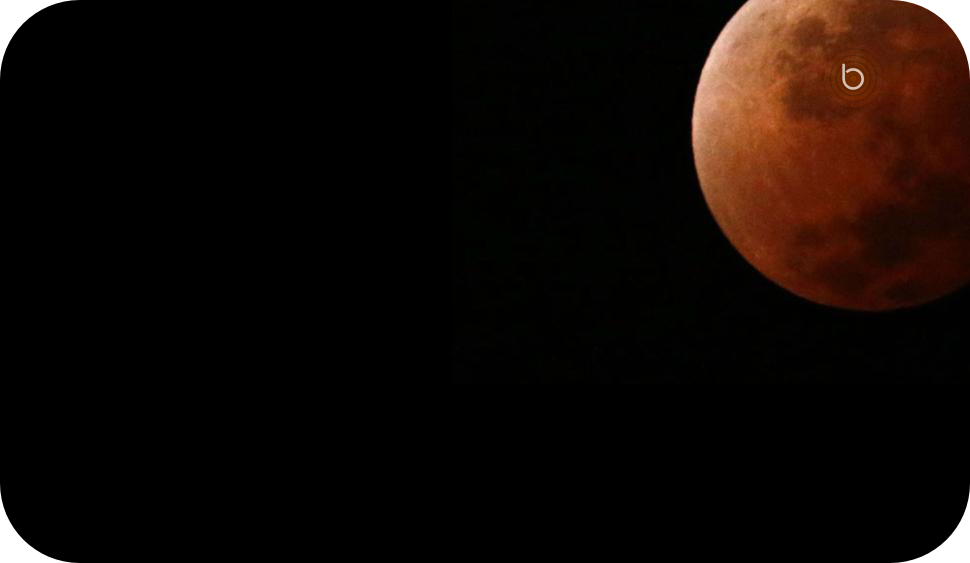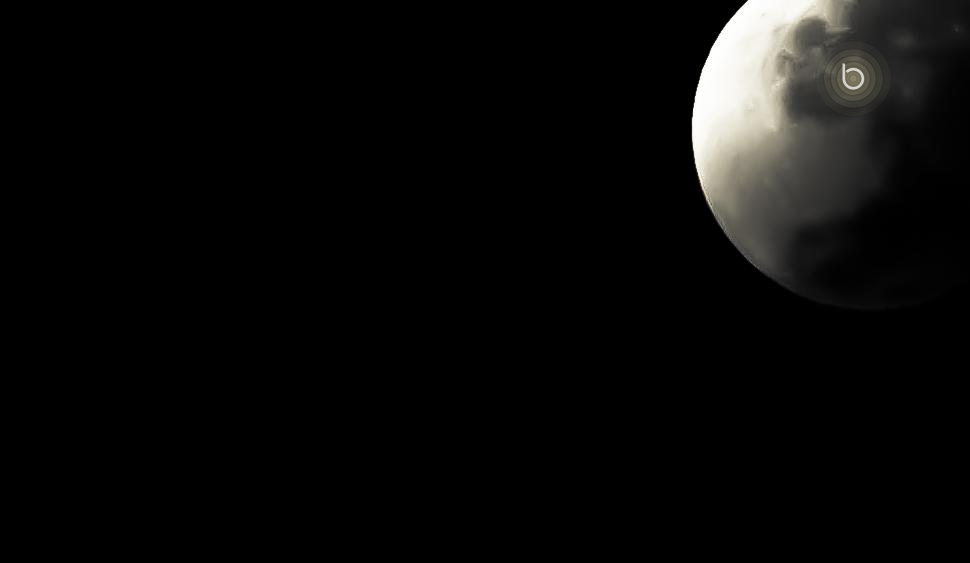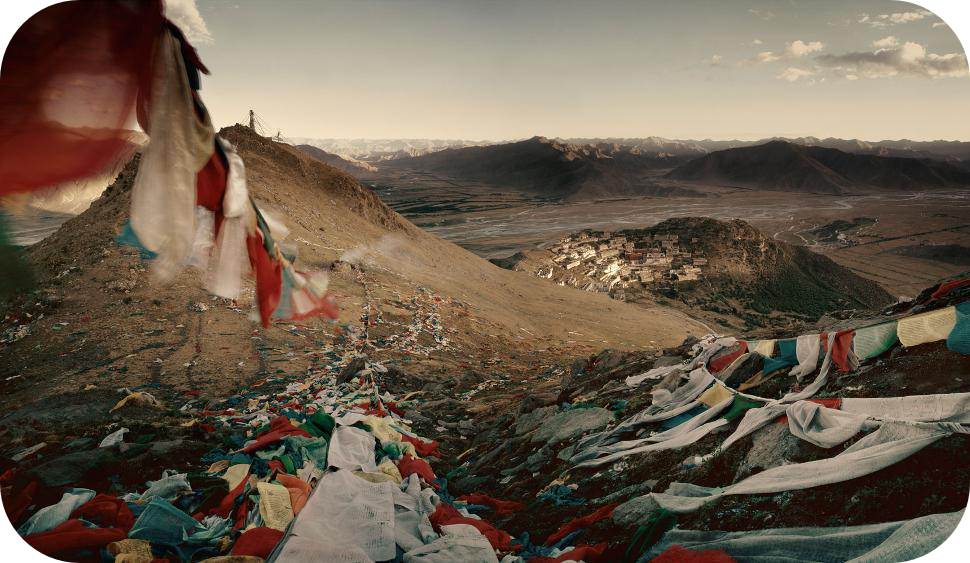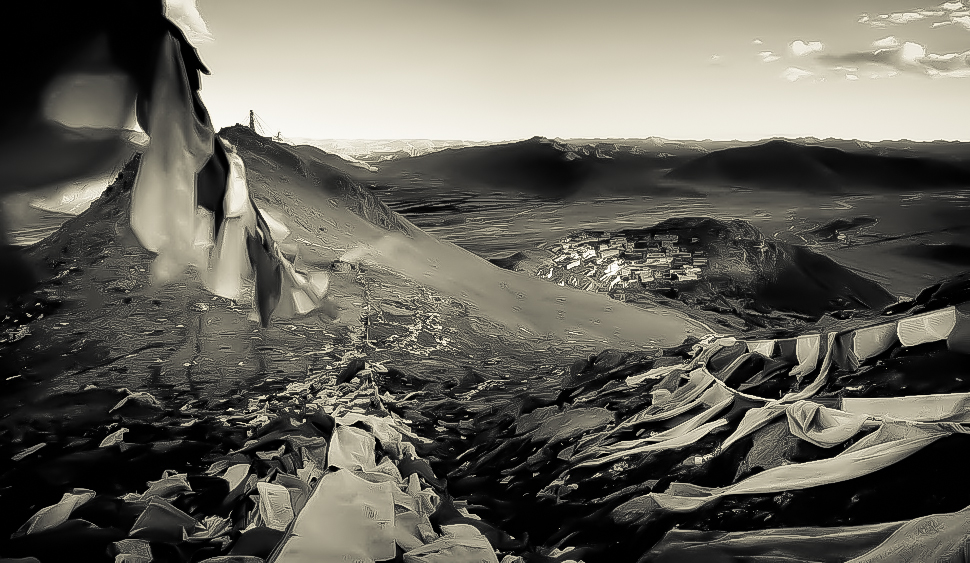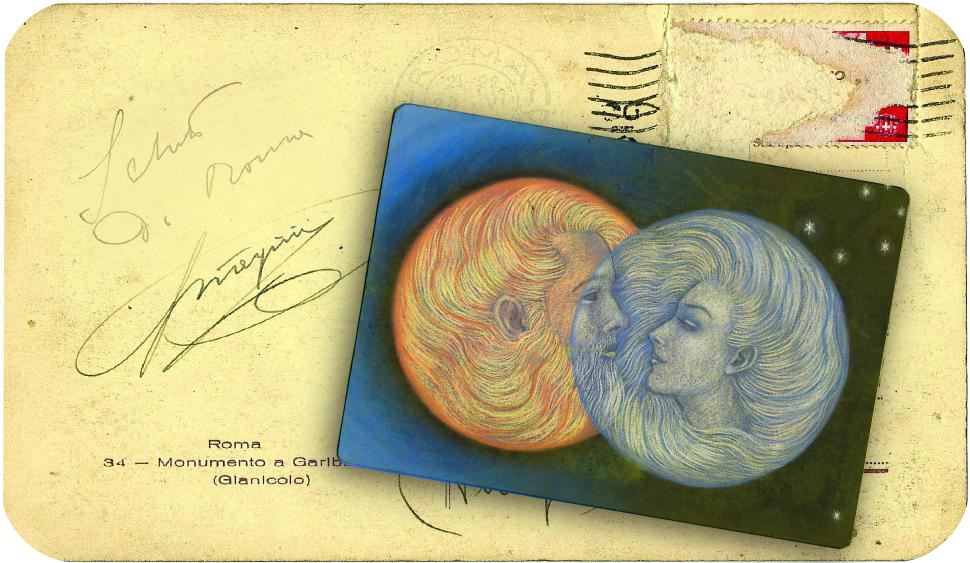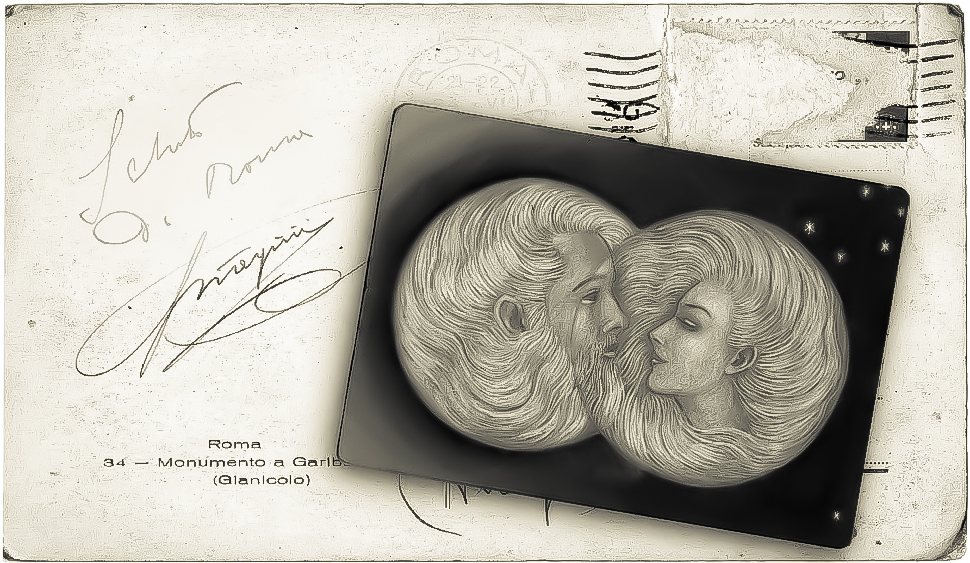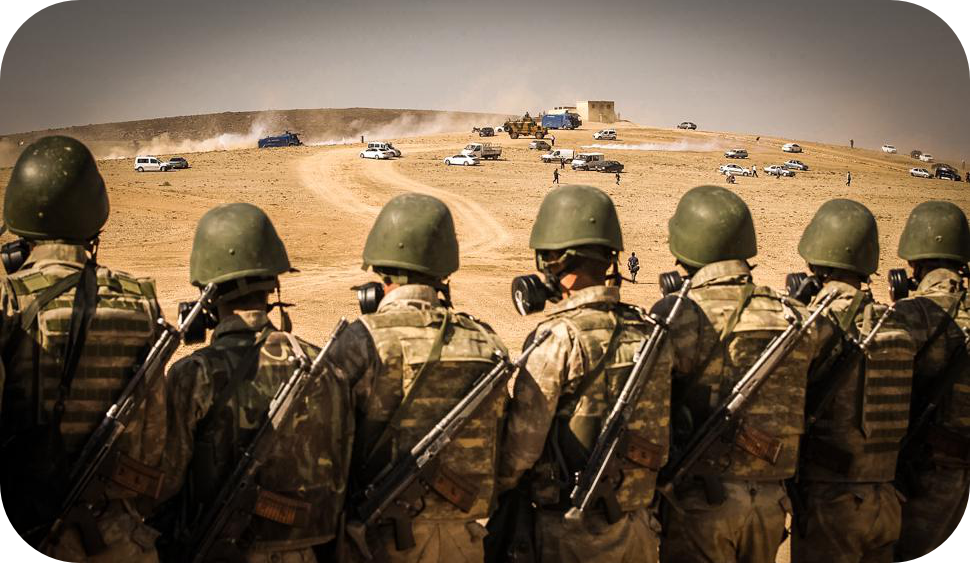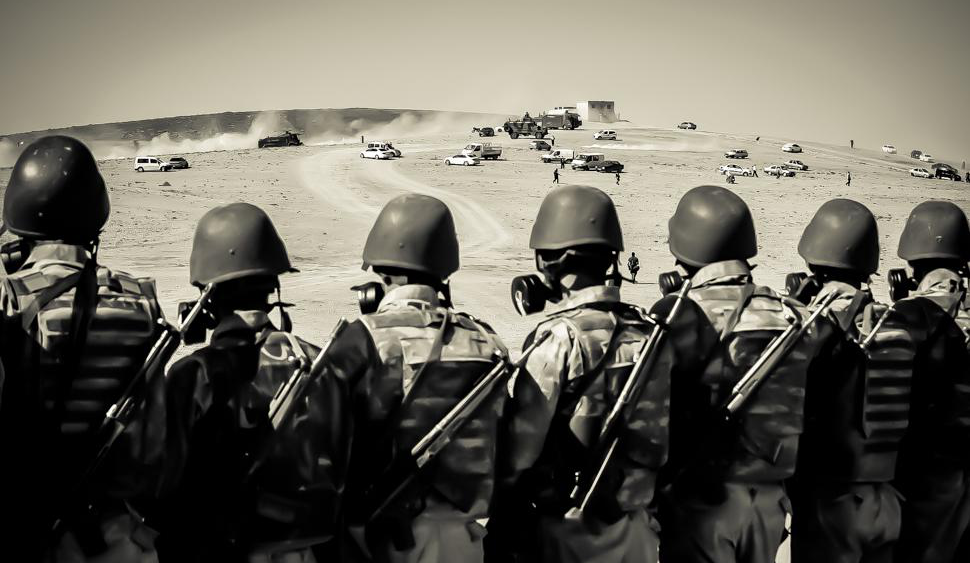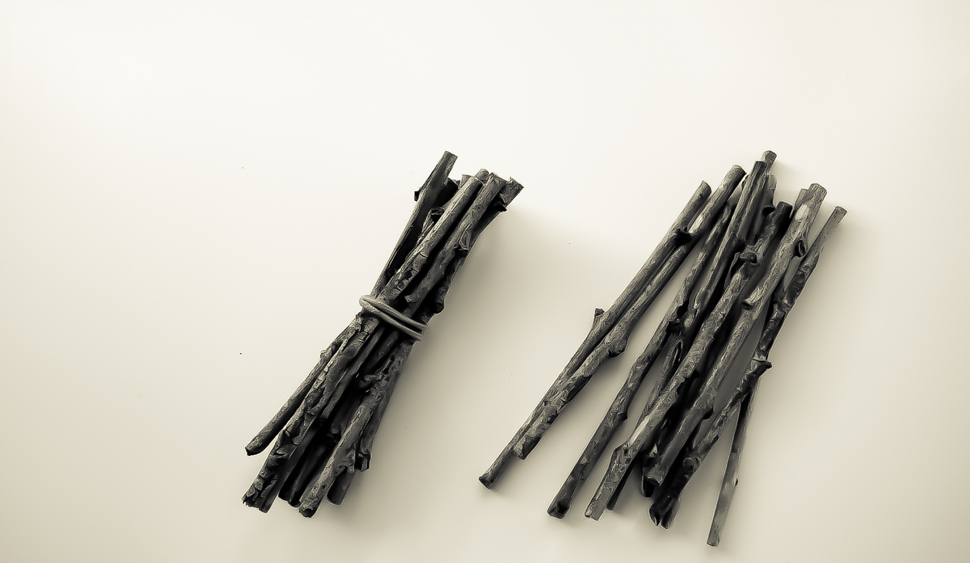| Do not miss: _ |

WhatsAAP with Us? Our Critical Silence |
Passing Over: Beyond Fait(h) Accompli |
|||
| Manju Kak & S. Gopalakrishnan | 10 April 2015 | Esther David & Devasia M. Antony | 3 April 2015 | |
|
Today, we celebrate I’m Sorry, I Haven’t a Clue. Irony, what the BBC comedy panel game had mocked at, decades back, is staring us, here and now, in the face — the lack of vigilance and critical response to experiences. April is indeed the “cruellest month” — it thoughtlessly sprouts such remembrances of things past in our hard times. In Delhi, we are trying to come to terms with our own decision to forget, forgive and give one more chance to the Aam Aadmi Party, once a symbol of Gandhian aspirations and currently mutating into a polemical space. The recent crisis in the ruling party has left Dilliwallas quite perplexed, and asking: What’s AAP now? This dilemma has prompted LILA to revisit our own ideal of the Citizen Politician, while reviewing Delhi’s current politico-cultural experiences and circumstances. Thus, this edition of LILA Inter-actions uses the unexpected prism of response, rather than venturing to address the crisis directly. The citizen politician in us stops to ask what critical role our responses as individuals play, in defining the quality of our collective experiences and circumstances. We thus enter this inquiry through the responsive window of critical writing, which weaves political engagement into a textual mode of public presentation/performance/production that is also potentially self-reflexive and self-critical. This week, Manju Kak and S. Gopalakrishnan respond to the question: How do we shape our responses? As writers and critical thinkers, they reflect on critical response and self-reflect, and ask if it is our silence that encourages bad governance in various fields, thus degrading our own cultural and political experiences. They make us wonder where the balance of creativity tilts and begins to celebrate lawlessness and showmanship, and where the balance of governance leans to let its machines turn into monsters? They ask: What’s up with us — why are we silent at this critical juncture? They ask: Do we still want to continue celebrating “I’m sorry, I haven’t a clue”?
|
Eloheem l’kha yeehyéh lo panahy al ahkhéreem – “Thou shalt have no other gods before me”. First were the words, the ambiguous words. The Judeo-Christian, through the Greeks, Europe and globalisation, has come to permeate much of the values and principles of our societies today, yet their foundations, this confusing preamble carved in stone, announced a rather strict exclusivism, not so welcoming of differences. The temptation was great, and still possible, for a few centuries perhaps, to see religious texts, traditions and values, only as community-bound narratives, necessarily closed to genuine pluralism. And still, here we are, and here we have been, a real prismatic humanity finding ways and means to permit the concrete co-habitation of differences, on the ground. But these days, we find ourselves permanently gnawed at by two pulling forces. On the one hand, the religious extremisms of our leaders, surprisingly surviving and updated for the cultural climate of our days. And, on the other, a discourse of secularism imagining its birth ex nihilo a century or two ago, from the seemingly sudden realisation of the human’s existential independence from the cosmos and its gods. This is risking to overestimate the Constitutions of our present, and forget that our world history, through the unique route of each religion, was one attempting to resolve in the practice of the everyday, the number one survival need of communities: living as one, yet as many. Thus opening a new chapter of our series of reflections on Belief, LILA Inter-actions takes the occasion of Passover and Easter to look at how Judaism and Christianity, from within, can enrich and support today’s dire needs for religious pluralism. Novelist Esther David opens up the microscopic minority world of Jews in India, able to adopt flexibility and receptivity to Indian values and customs, while maintaining also its religious rites and history over the millennia. Theologian and Philosopher Devasia M. Antony comments upon the words of the Crucified Jesus, instance within an unexpectedly large body of non-dualist wisdom found across all cultures and traditions of thought, to rejoin in peace Oneself and the Other.
|
|||

Disclaimer: The opinions expressed by the writers are their own. LILA Inter-actions will not be responsible for the views presented.
Spread the word… |
|||||||
… follow LILA! |
|||||||
